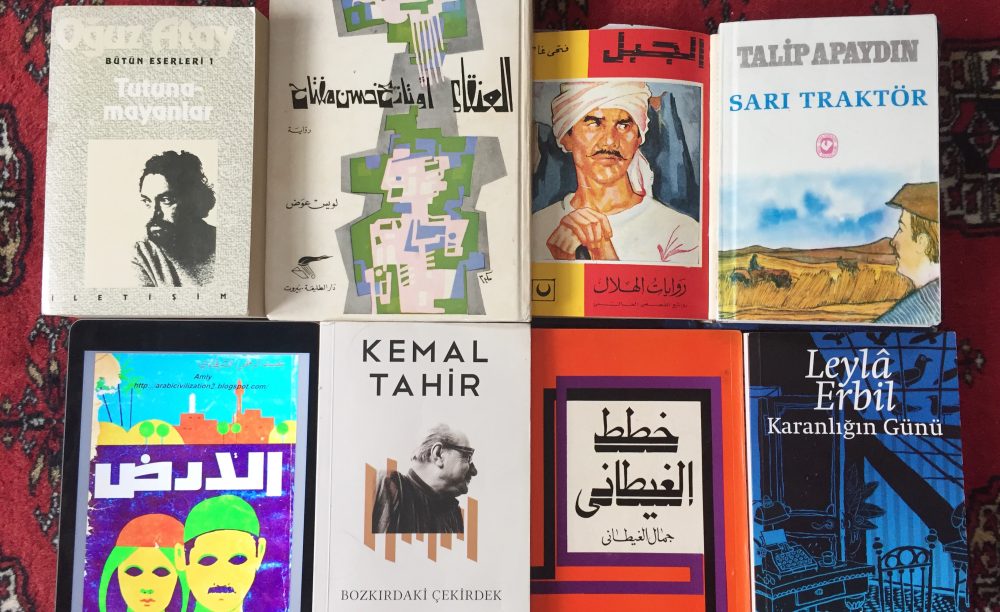This book had all of the elements to make it an all-time favorite for me. Especially the common refrain about it being the spiritual successor to Yaşar Kemal. And so I was very disappointed when, around 300 pages in, I realized that the novel is quite tedious.
I think for me the main reason is that the parallels with an ecologically-focused epic Yaşar Kemal is that Duman’s actually has very little to say about nature. Sure, there are animals. And we get a chilly passage of ekphrasis in almost every chapter. But the understanding and description of nature is nowhere near the intimacy of, say, Demirciler Çarşısı Cinayeti. I can’t remember Duman naming one actual tree or plant species throughout the entire novel. We get far more descriptions of icicles and wind which are, let’s be clear, meteorological more than ecological elements.
I’m also a stickler for animal narratology, and there are so many sophisticated and novel ways that it is being experimented with in contemporary fiction (see https://academic.oup.com/book/11415). But this novel, instead, uses a muddled mythological elevation of Sus Barbatus to lend us some insight into its being with saying anything of substance about its species being (yes, I think this term is still analytically relevant, but almost exclusively when speaking about actual animals). Sus Barbatus’ consciousness exists even after Kenan kills it: why? What’s the point? What does that tell us about the relationship between humans and non-humans. I didn’t take a single thing from the drawn-out drama of pig consciousness, nary a clunky metaphor.
Many people also comment about the short chapter length, and the novel’s overall length. I don’t have a problem with either by themselves, but again, what purpose did they serve? Oftentimes I felt like having the narrative interrupted every three pages made it so we had to continually be reestablishing the scene, often times by describing the same things over and over again. Tedious.
Perhaps all of these loose narratological threads are pulled together brilliantly if only I were to commit to reading the other two volumes. That is not a benefit of the doubt I am willing to lend after what I’ve read so far. 
Matthew Chovanec
Turkish and Arabic Literature

